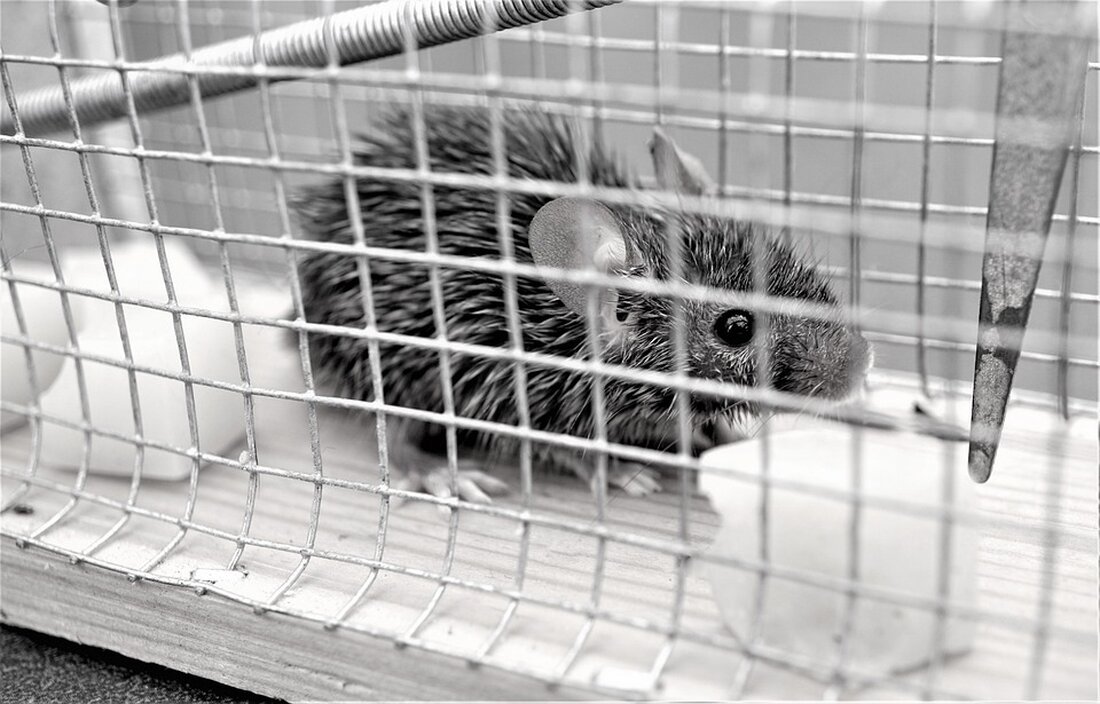Discharge and death of a transport minister: A look at Putin's Russia
Discharge and death of a transport minister: A look at Putin's Russia
On Monday, details of the apparently suicide of the former Minister of Transport in Russia, Roman Starovoit . A report by the newspaper was particularly striking, according to which investigators found a glock pistol in his body that had received Starovoit as an award.
Starovoit's career and the circumstances of his death
in October 2023 was documented on a local news photo, as Starovoit was given a gun presented in a velvet bag in his function as governor of the Region of the region, as recognition for his efforts to maintain security.
almost 21 months later, his death occurred, while rumors about his possible participation in a fraud scandal by millions of dollars that were intended for border protection became louder. These defense measures would have been particularly useful when Ukrainian troops started a surprising offensive last August.
The shadows of political repression
Whether the pistol found is the same copy is unclear, as well as the background and reasons for his discharge or death. The idea of a state -sponsored suicide, a once emerging star in Vladimir Putin's political environment, which dies near his Teslas and with the remaining his previous loyalty, has a particularly impressive effect in current Russia.
More than three years after Putin's unprofitable war against Ukraine, the political pressure in the Kremlin is once again worsening. Loyalty to the regime does not guarantee security, and there are fewer and fewer places where you can hide from the increasingly brutal consequences.
Stalinist tendencies and rise of repression
For Russians with long memories, old fears rise. "A smell of Stalinism is blowing from this story," wrote the Russian dissident Ilya Yashin, who lives in exile on X.
These atmospheres quickly spread beyond the halls of the Ministry of Transport. In the past few weeks, the Kremlin has tried to eliminate the last remaining threats. In mid-June, the Supreme Court of Russia banned the opposition "Citizens' Initiative" party, which had tried unsuccessfully to nominate the only anti-war candidate, Boris Nadezhdin, for the 2024 presidential election. The court accused the party of not participating in elections for seven years.
The decline of independent election observation
The independent wahmonitoring, which was heavily struck in Russia anyway, could now finally belong to the past. On Tuesday, Golos, the only remaining independent electoral monitoring organization, announced that it will close. This decision was made to five years in prison after one of her co-chair, Grigory Melconyants, was sentenced to five years in prison at the end of May. He was accused of having carried out activities for the European election observation network Enemo, which was classified by Russia as an "undesirable organization".
GOLOS rejects the allegations, but said that the judgment exposes all members to the risk of criminal prosecution. Opposition politician Vladimir Kara-Murza argues in an article for Washington Post that the Golos case is reminiscent of another peculiarity: the retribution for long-cherished resentment.
economy and maintenance in upheaval
On Saturday, Konstantin Strukov, the chairman of Yuzhuralzoloto, one of the largest gold mining companies in Russia, was arrested while trying to leave the country with his private jet. Shortly before, the Attorney General had initiated legal action to nationalize the company and claimed that Strukov had misused his position in the regional government to obtain control over the company.
The years after the decay of the Soviet Union were shaped by a comprehensive redistribution of property from the Russian state, while the war years in Ukraine were characterized by the exact opposite. Alexandra Prokopenko, a fellow at Carnegie Russia Eurasia Center, describes this as "the greatest redistribution of wealth in Russia for three decades" and argues that the purpose is to strengthen loyalty to Putin.
The long shadow of repression and repression
The reports on Starovoit's death are reminiscent of the circumstances of the death of Gorbachev Interior Minister Boris Pugo, who committed suicide in August 1991 when his coup failed. In the chaos of the early 90s, a lot leaked about his death and that tried suicide of his wife, while in today's time Putin's government is heavily controlled and held back. This makes it difficult to find out exactly what has happened with Starovoit.
But for the Russian population it remains an impressive indication that wealth and power are associated with increasing risks, while the Kremlin closes its ranks in what he sees as a long -term conflict with the West.


Kommentare (0)